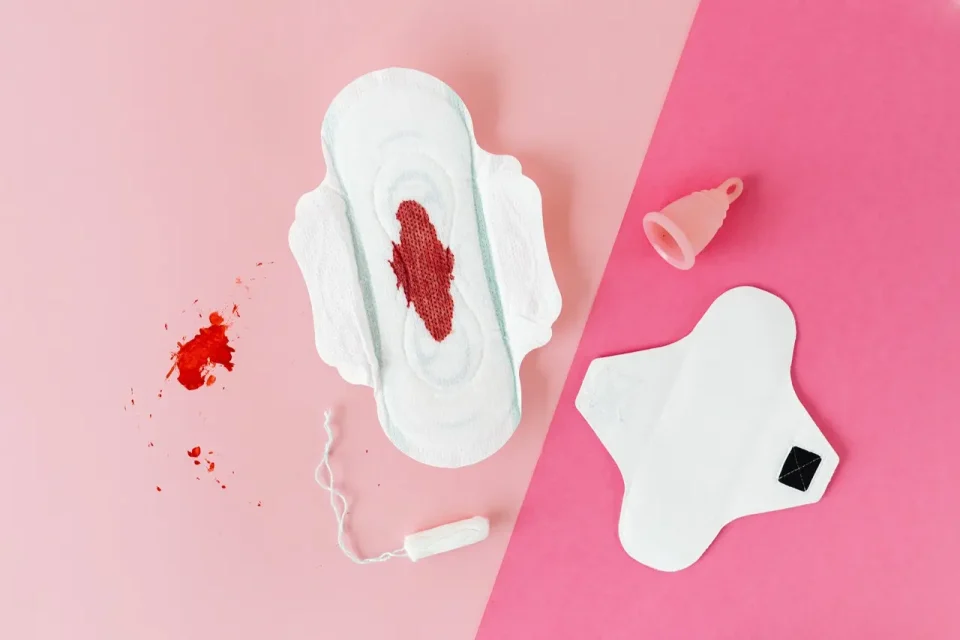Menstrual Hygiene Day, observed annually on May 28, is a global initiative aimed at breaking the silence and raising awareness about the importance of good menstrual hygiene management.
The date, May 28, symbolizes the average 28-day menstrual cycle and the average duration of menstruation, which is five days, reinforcing the importance of the cause it champions.
This year’s Menstrual Hygiene Day is very significant for Ghanaians due to the results of the “Don’t tax my pad” campaign.
The tireless efforts of advocates and civil society organizations were recognized in the government’s 2024 “Nkunimde” budget statement.
Then finance minister, Ken Ofori-Atta, announced that locally produced sanitary pads will be tax-free, effectively lowering the prices of locally produced pads. This was welcome news for pad advocates, all girls, and women.
As we celebrate the 2024 Menstrual Hygiene Day today, under the theme “Together for a #PeriodFriendlyWorld,” this article will highlight some pointers that can help girls and women during that time of the month.
To begin with, it is important to note that menstrual health is a human rights issue, not just a health one.
Know the facts about menstruation
UNICEF defines menstruation or menses as the natural bodily process of releasing blood and associated matter from the uterus through the vagina as part of the menstrual cycle.
Inspirahealthnetwork.org underscores that good menstrual health involves knowing the signs of possible issues. Be aware of the signs and symptoms of common menstrual health issues, such as premenstrual syndrome (PMS), menstrual cramps, irregular periods, and heavy menstrual bleeding. Understanding these issues can help you identify abnormalities and know when to talk to your doctor.
Here are some essential tips to improve your menstrual health and hygiene:
1. Change sanitary products regularly
Changing sanitary products regularly prevents bacterial growth and infections. Change pads every 4-6 hours, tampons every 4-8 hours, and menstrual cups according to the manufacturer’s guidelines.
2. Use the right sanitary product
Using the right sanitary product ensures comfort and effectiveness in managing menstrual flow. Choose from pads, tampons, menstrual cups, or period panties based on your flow and personal preference.
3. Maintain personal hygiene
Personal hygiene reduces the risk of infections and odours. Wash your genital area at least twice a day with plain warm water. Avoid using scented products that can irritate the skin.
4. Dispose of used products properly
This prevents the spread of infections and maintains cleanliness. Wrap used sanitary products in paper and dispose of them in a designated bin. Never flush them down the toilet.
5. Wear comfortable, breathable undergarments
Wearing comfortable, breathable undergarments reduces moisture build-up and the risk of yeast infections. Choose cotton underwear over synthetic fabrics and change them daily.
6. Practice good hand hygiene
Practising good hand hygiene prevents the transfer of germs and bacteria. Wash your hands with soap before and after changing sanitary products.
7. Stay hydrated
Staying hydrated helps manage bloating and promotes overall health. Drink at least 8 glasses of water a day.
8. Maintain a balanced diet
A balanced diet supports overall menstrual health and reduces symptoms like cramps and fatigue. Eat a variety of fruits, vegetables, lean proteins, and whole grains, and avoid excessive caffeine and salty foods.
9. Exercise regularly
Regular exercise can alleviate menstrual cramps and improve mood. Engage in moderate exercise like walking, yoga, or swimming for at least 30 minutes a day.
10. Track your menstrual cycle
Tracking your menstrual cycle helps predict your period, manage symptoms, and identify any irregularities. Use a calendar or a period-tracking app to record the start and end dates of your periods, as well as any symptoms you experience.
Conclusion
Maintaining good menstrual hygiene is essential for preventing infections and promoting overall health and wellness. Enjoy a stress-free menstrual flow and remember the theme, “Together for a #PeriodFriendlyWorld.”
Source: www.ghanaweb.com



